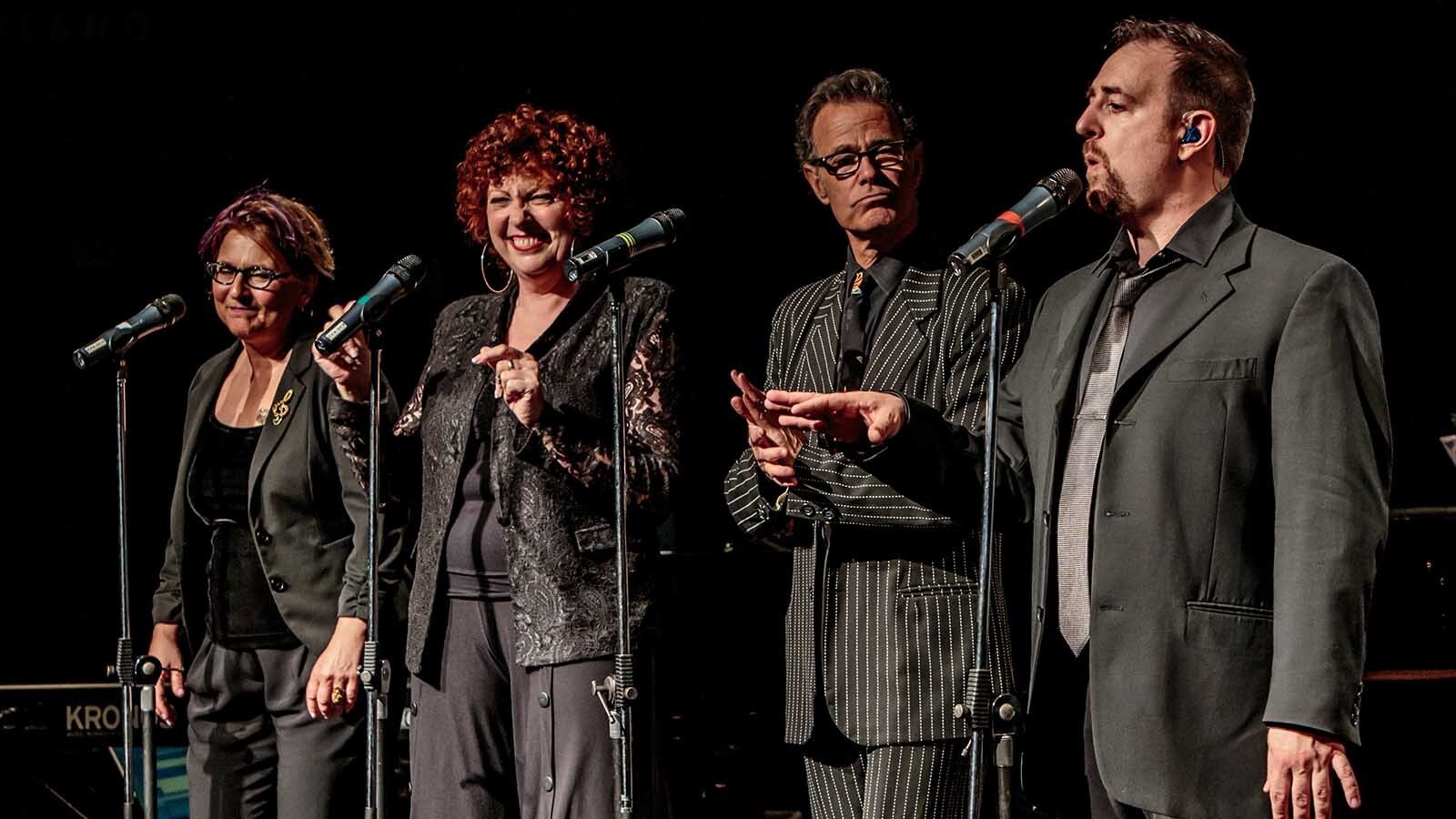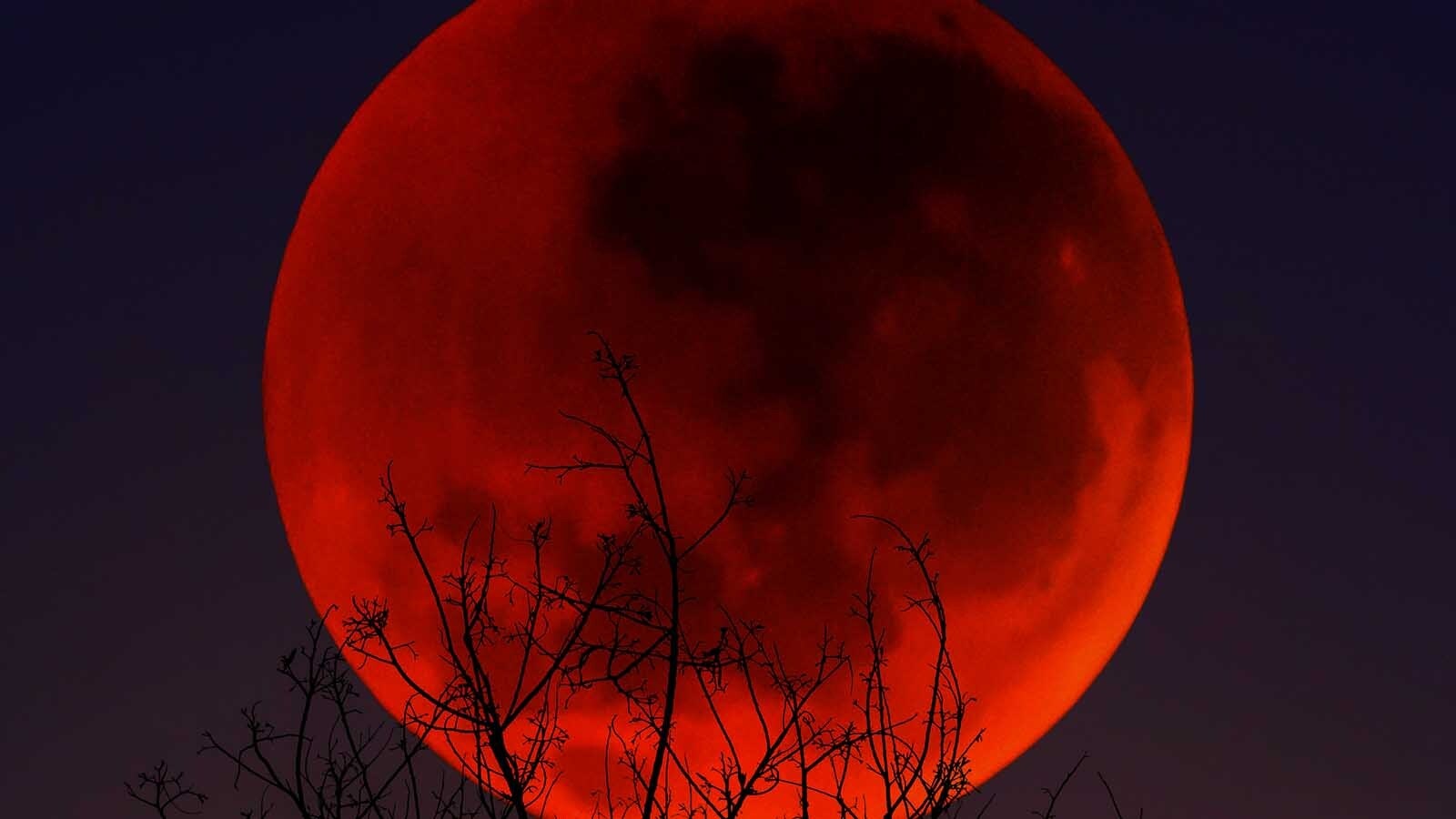When Haruka Takaku arrived in Wyoming last August to begin her new position as Japan Outreach Initiative Coordinator for the Heart Mountain Wyoming Foundation, one of the first things she noticed was the weather.
“Summer in Japan is very hot and humid, so my first surprise was the dryness of the climate itself,” she said.
That was followed closely by the realization that a car would be needed to get around in such a remote area. Coming from Tokyo, a city of 14.1 million people where public transportation is easy to come by, her driving experience was minimal.
“When I came here, I was surprised that so many people were driving big trucks, and I didn’t understand why Wyoming people love them so much,” she said. “Now eight months later after making it through the winter I finally understand why people prefer driving trucks.”
It is one of the many things she’s learned during the first year of her two-year appointment, which began in August 2024. As the JOI Coordinator, her goal is to strengthen ties between Wyoming and Japan, share Japanese culture and grow relationships across the state. Takaku said so far, so good.
“I'm very excited for the summer season coming so that I can share with not only the local people, but the tourist people about Japanese culture so that people can also have a deeper understanding of the story of Heart Mountain and living life in the camp,” she said.
Takaku is the second JOI coordinator in Wyoming, with the first spending her tenure at the University of Wyoming.
A joint enterprise of the Japan Foundation and Laurasian Institution, the Japan Outreach Initiative brings volunteer Japanese coordinators to regions of the U.S. where Japanese culture has been less accessible.
JOI coordinators are hosted by U.S. nonprofits and educational institutions with a strong commitment to promoting learning about Japan, which makes the Heart Mountain World War II Japanese American Confinement Site an ideal choice.
For the nearly three years it was open from 1942-1945, the confinement site located near Heart Mountain in Park County was home to more than 14,000 Japanese American people. Now the Heart Mountain Interpretive Center, which opened in 2011, allows visitors to experience life at the camp through photographs, artifacts, oral histories and interactive exhibits.
The Journey Begins
It was while job searching online that Takaku saw advertisements for a JOI Coordinator for the Heart Mountain Wyoming Foundation near Cody.
“I was curious, and I’ve always wanted to have the opportunity to go abroad,” she said. “I also think Japanese culture has a power to connect people.”
And while this isn’t her first time in the U.S., her previous visits were to see friends in California. She said that’s what she had in her mind before arriving in Wyoming.
“Life here is very different, but I love it,” she said. “I like the people. They're very friendly and welcoming.”
She was born and raised in Kanagawa, just south of Tokyo. Growing up she became interested in other countries and different cultures. So when she went to university in Yokohama, she majored in international studies. Later she earned a master’s in the subject as well.
Prior to her new position, Takaku was working in Tokyo for a travel agency that focused on educational tours and commuted every day on a packed train.
“Tokyo is a very energetic city, but that doesn't mean I’m always comfortable living in such huge populated surroundings,” she said. “For me, the slow pace and easy-going Wyoming lifestyle is very comfortable.”
Life In Wyoming
Takaku is proud to say she survived her first winter in Wyoming, as well as winter driving. Driving in Japan differs significantly from driving in the United States. Drivers sit on the right side of the car and navigate roads on the left, the opposite of U.S. driving.
“My hometown doesn't have much snow, and also I haven't driven in Japan that much, so winter driving is very scary and very difficult,” she said. “But I made it through this winter, and now finally spring has come, so I'm very happy.”
She currently lives in a three-bedroom house, which is triple the size of her tiny apartment in Japan. She said having so much space is something she’s still adjusting to.
“Sometimes the wide-open space makes me lonely or uncomfortable, so I’ll just get in my car,” she said. “The small, compact space where I can touch everything and control everything makes me feel safe and comfortable.”
She’s also had to adjust to the abundance of wildlife, including Cody’s population of town deer.
“The deer family visiting my yard was very surprising,” she said of her first encounter. “Now I'm kind of getting used to it. Just this morning I had six deer and thankfully, I haven't hit a deer yet. Hopefully I will not hit a deer.”
She misses her family and friends back home but said her colleagues at the museum quickly made her feel welcome and helped her meet people. She also occasionally yearns for good Japanese food, but enjoys cooking and can make much of what she craves in her kitchen. However, there are some American specialties growing on her.
“You know Japanese people eat a lot of fish and rice, but I also like hamburgers, pizza, doughnuts and oh my gosh, an American brownie is the best,” she said.
Sharing Culture
In her role as JOI coordinator, she’s working to build the relationship between Heart Mountain and Japan. JOI coordinators engage their American community through Japanese-themed programming — from lectures to hands-on activities to events focusing on traditional Japanese art forms.
Last month, Takaku wrapped up a sold-out Winter Program Series which included mochi and sake tastings, chirashi sushi bowl making and ikebana flower arranging. She’s happy the winter workshops had so much interest. She also did some programs in the community including at local libraries and schools.
When deciding on programming, one of her top considerations is whether it will be fun for participants.
“I studied international studies in my university, and learning about different cultures opens up your eyes and gives you a different perspective,” she said. “Culture can have a very big impact and helps with mutual understanding. That's why I think sharing a culture is important, and also it's fun.”
One part of Japanese culture has taken some getting used to though, as Takaku had to learn how to wear a kimono. Japanese women traditionally wear the clothing for formal and special occasions, but Takaku has had little reason to do so to this point.
“Of course, I had worn a kimono when I was little, but kimonos are not daily clothing for Japanese people right now, so for me it's very difficult to wear,” she said. “I’m still learning how to wear kimonos.”
Takaku just had to wear a kimono for The Heart Mountain Interpretive Center third annual Children’s Day Festival on May 10. The event to honor the lives of children incarcerated at the camp included listening to live Japanese music, learning about Japanese culture and exploring the new Mineta-Simpson Institute.
She’s also currently planning programs for the summer season.
“Right now, we are thinking about having an origami workshop and also a mochi workshop,” she said. “This year is the 80th anniversary of the end of [World War II], and an origami crane is the symbol of peace in Japan. And Heart Mountain has a great story regarding mochi so I wanted to share it with tourists as well.
“I'm very excited for the summer and the tours this season so that I can share not only the local people, but the tourist people about the Japanese culture.”
She added that a workshop giving others a chance to try on kimonos is also a possibility in the future, and she is excited for what her second year brings. That includes personal goals such as riding a horse and traveling to Yellowstone National Park multiple times. She’d also like to give winter sports a try this time around and enjoy the colder season a little more.
“Living in Wyoming is very different and life-changing for me,” she added. “But I’m learning lots of new skills.”










